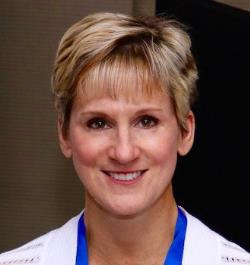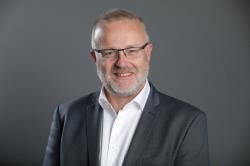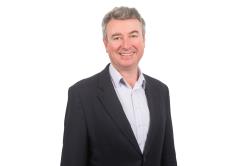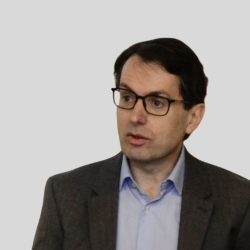Resilient infrastructure for a sustainable world
International Electrotechnical Commission
Session 267
In an era of escalating climate risks and cyber-attacks, ensuring the resilience of critical infrastructure is crucial for sustainable development and global progress. Today, the majority of the world’s socio-economic goals rely on robust information and communication technologies (ICT). These systems must withstand not only increasingly sophisticated cyber-attacks, but also the growing impact of severe weather events and rising sea levels.
This session will explore the multi-faceted challenge of building resilient infrastructure – safeguarding ICT systems, addressing systemic vulnerabilities, investing in adapting technologies for sustainable impact, garnering international collaboration for quality implementation and more.
It will also emphasize the urgency of transitioning to an all-electric and connected society – one that is resilient, fosters technologies for communities and ensures equitable access to clean energy for everyone.
By focusing on innovative solutions and global standards, this dialogue aims to inspire actionable strategies for creating resilient infrastructure that fosters inclusivity, durability, and long-term sustainability.






-
 C2. Information and communication infrastructure
C2. Information and communication infrastructure
-
 C5. Building confidence and security in use of ICTs
C5. Building confidence and security in use of ICTs
-
 Goal 7: Ensure access to affordable, reliable, sustainable and modern energy for all
Goal 7: Ensure access to affordable, reliable, sustainable and modern energy for all
-
 Goal 9: Build resilient infrastructure, promote sustainable industrialization and foster innovation
Goal 9: Build resilient infrastructure, promote sustainable industrialization and foster innovation
-
 Goal 11: Make cities inclusive, safe, resilient and sustainable
Goal 11: Make cities inclusive, safe, resilient and sustainable
-
 Goal 13: Take urgent action to combat climate change and its impacts
Goal 13: Take urgent action to combat climate change and its impacts
- Objective 1: Close all digital divides and accelerate progress across the Sustainable Development Goals